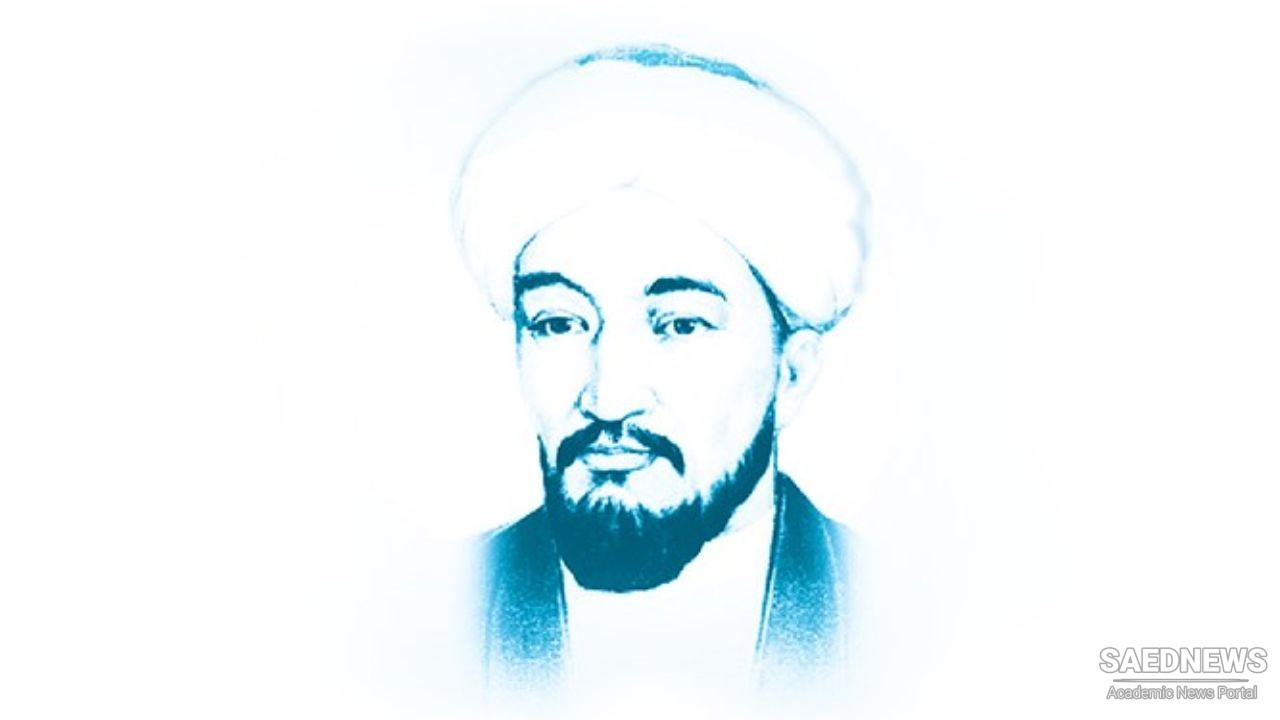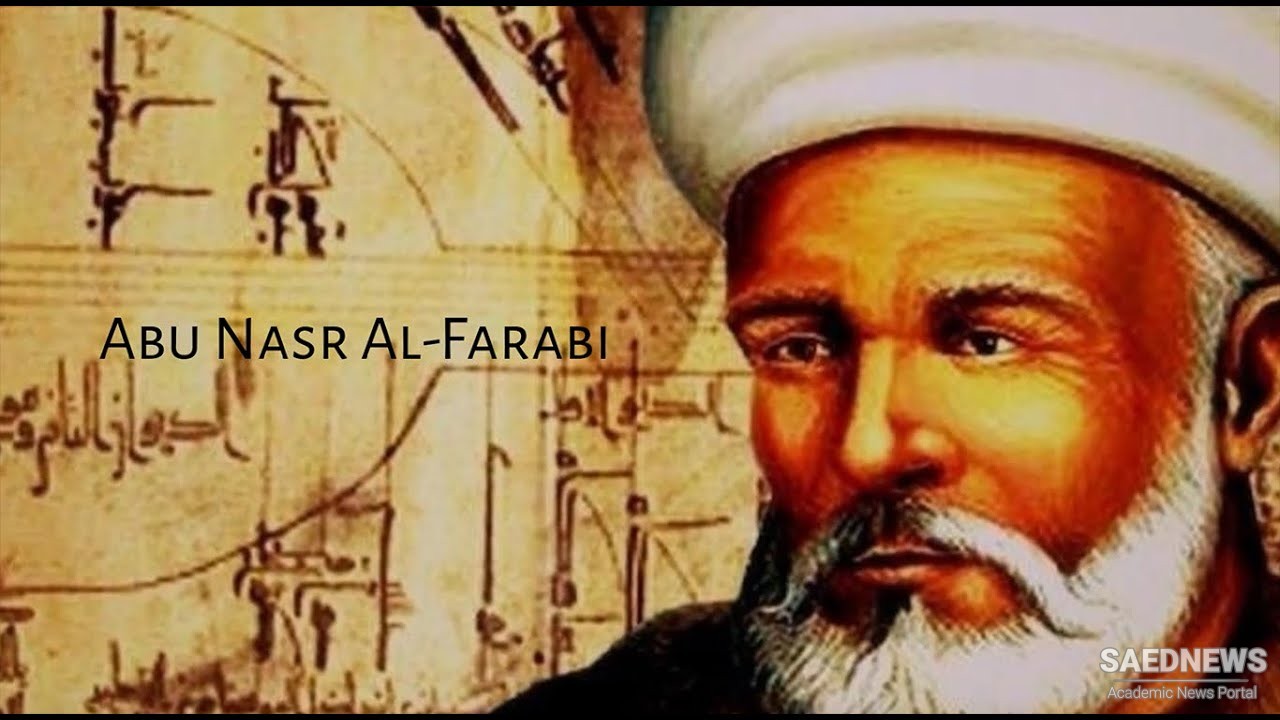Al-Fārābī, in full Muḥammad ibn Muḥammad ibn Ṭarkhān ibn Awzalagh (or Uzlugh) al-Fārābī, also called Abū Naṣr al-Fārābī, Latin name Alpharabius (also spelled Alfarabius) or Avennasar, (born c. 878, Turkistan—died c. 950, Damascus?), Muslim philosopher, one of the preeminent thinkers of medieval Islam. He was regarded in the medieval Islamic world as the greatest philosophical authority after Aristotle. Very little is known of al-Fārābī’s life, and his ethnic origin is a matter of dispute. He eventually moved from Central Asia to Baghdad, where most of his works were written. Al-Fārābī was not a member of the court society, and neither did he work in the administration of the central government. In 942 he took up residence at the court of the prince Sayf al-Dawlah, where he remained, mostly in Ḥalab (modern Aleppo, Syria), until the time of his death.Al-Fārābī’s philosophical thinking was nourished in the heritage of the Arabic Aristotelian teachings of 10th-century Baghdad. His great service to Islam was to take the Greek heritage, as it had become known to the Arabs, and show how it could be used to answer questions with which Muslims were struggling. To al-Fārābī, philosophy had come to an end in other parts of the world but had a chance for new life in Islam. Islam as a religion, however, was of itself not sufficient for the needs of a philosopher. He saw human reason as being superior to revelation. Religion provided truth in a symbolic form to nonphilosophers, who were not able to apprehend it in its purer forms. The major part of al-Fārābī’s writings were directed to the problem of the correct ordering of the state. Just as God rules the universe, so should the philosopher, as the most perfect kind of man, rule the state; he thus relates the political upheavals of his time to the divorce of the philosopher from government (Source: Encyclopedia Britanica).



 Muhammad Ibn Musa Al Khawarizmi (Algorithmi): Mathematical Genius and Founder of Algebra
Muhammad Ibn Musa Al Khawarizmi (Algorithmi): Mathematical Genius and Founder of Algebra














































